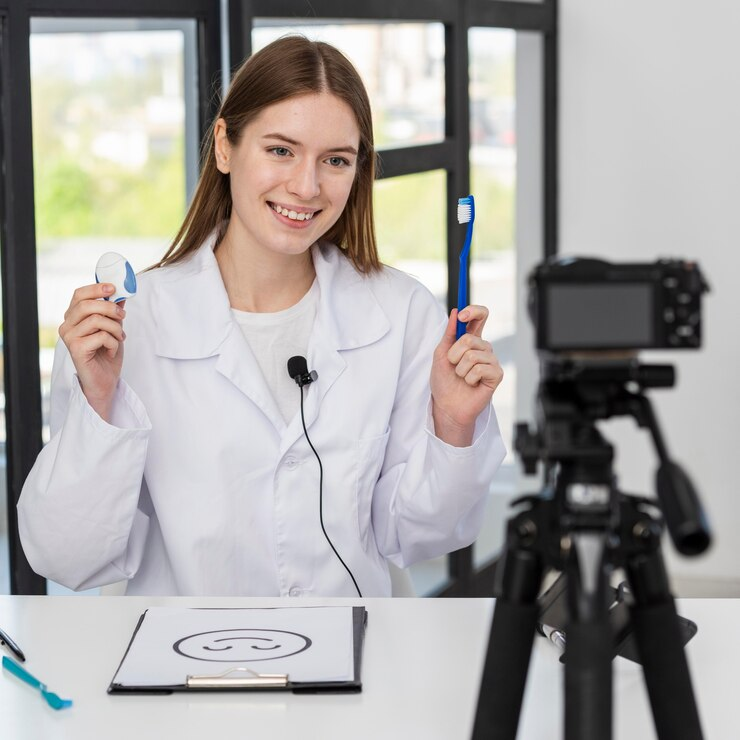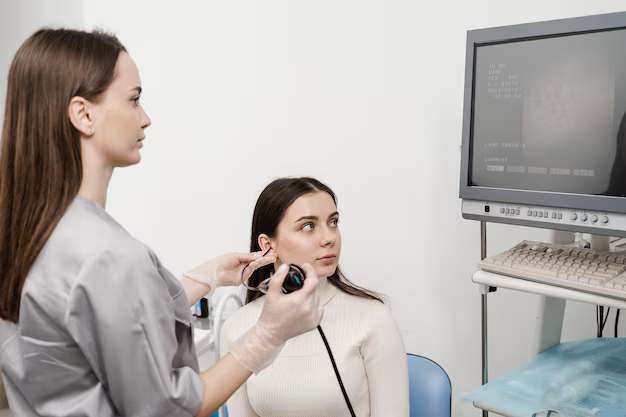What is Sppech Audiometry?
Speech Audiometry is a hearing test that evaluates an individual's ability to hear and understand speech at different volumes and frequencies. Unlike pure-tone audiometry (which tests the detection of pure tones), speech audiometry focuses on the comprehension aspect of hearing, measuring how well a person can understand words in quiet and noisy environments. It is typically performed using a speech signal presented through headphones or speakers in a soundproof booth.
The ENG test assesses involuntary eye movements (nystagmus) triggered by the inner ear and brain signals. It helps in identifying issues such as vestibular dysfunction, Meniere’s disease, or nerve damage affecting balance and hearing.
Speech Reception Threshold (SRT):
The softest level at which a person can understand speech.
Word Recognition Score (WRS):
The percentage of correctly identified words at a comfortable volume level.
Speech Discrimination:
Measures the ability to distinguish between different speech sounds or words.


How Speech Audiometry Works:
During a speech audiometry test, the audiologist presents a series of speech stimuli, typically spoken words or sentences, through headphones or speakers. These words are presented at different volumes, often starting at a low level and gradually increasing, to determine the Speech Reception Threshold (SRT). The SRT represents the softest level at which a person can hear and repeat back speech.
Next, the audiologist may test Word Recognition by presenting a list of words at a comfortable hearing level (generally around conversational volume) to determine how accurately the individual can identify words. This helps to assess the clarity of speech perception.

Benefits of an Sppech Audiometry
Comprehensive Hearing Assessment:
Provides a more complete evaluation of hearing ability, especially in real-world scenarios where understanding speech is crucial.
Identifies Speech Processing Issues:
Detects issues not just with hearing, but with the brain’s ability to process speech, which is vital for conditions like auditory processing disorder.
Useful for Hearing Aid Fitting:
Helps audiologists assess the effectiveness of hearing aids or cochlear implants by testing speech understanding in different settings.

